Thriving Communities, Healthy Landscapes
We're helping more than two million farmers embrace more sustainable growing practices that can help build resilience to climate change and boost yields.
Home / Issues / Livelihoods / Page 9
Across the tropics, farming and forest communities face a daily struggle to cover life’s basic needs. Breaking the cycle of rural poverty—and tackling the ensuing impacts for people and nature—is critical for a more sustainable future for us all.
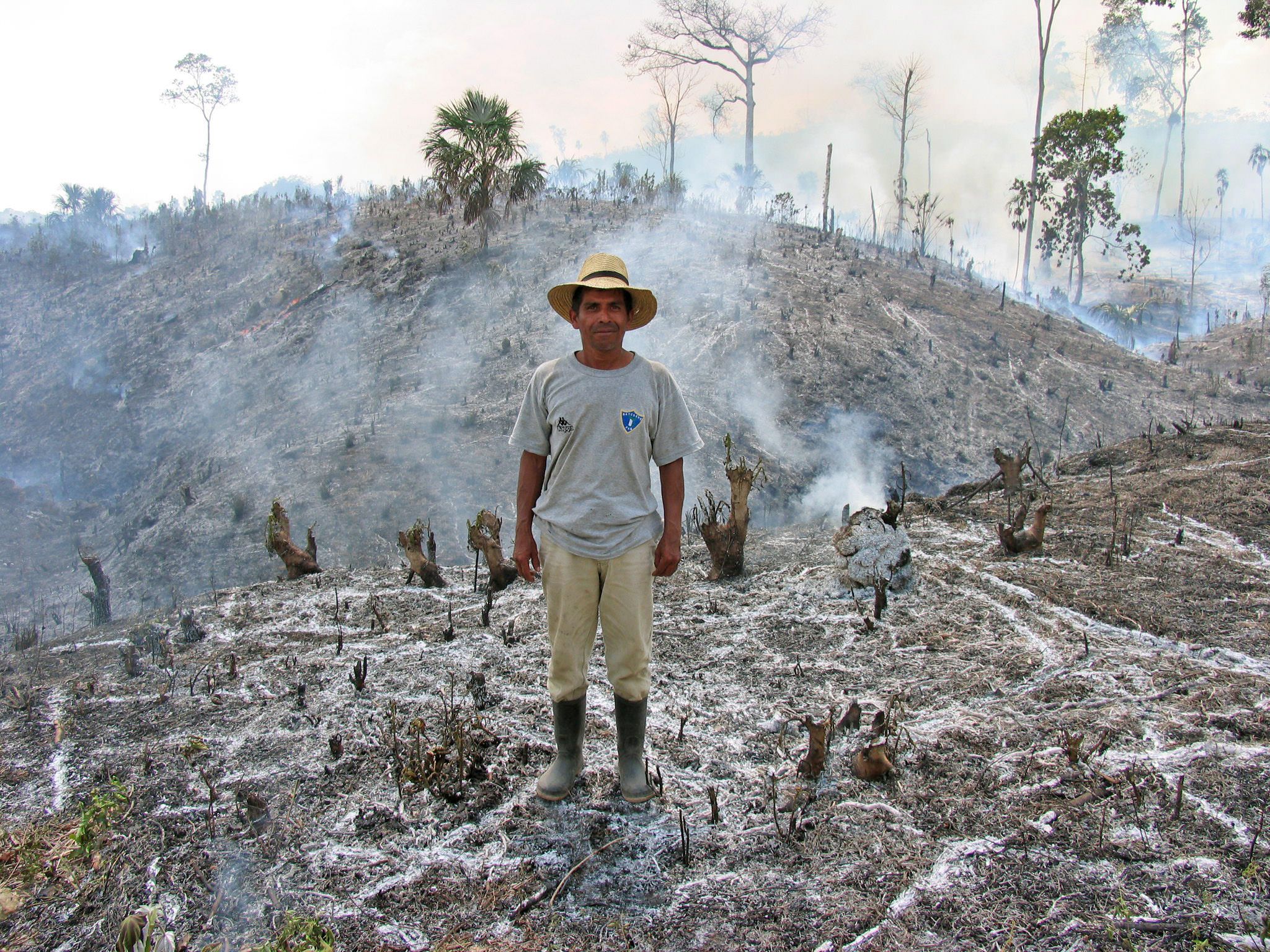
Rural poverty is at the root of many of our most pressing global challenges, from child labor and poor working conditions to deforestation for agricultural expansion. Economic desperation exacerbates these complex issues, which are deeply embedded in global supply chains. The result is a vicious cycle of environmental destruction and human suffering.
Our work to cultivate rural prosperity brings real, measurable benefits for farmers, forest communities and Indigenous peoples around the world.
![]()
earned by our Maya Biosphere Reserve community partners from 2013-2021*
The Rainforest Alliance has been working with the community forestry concessions in Guatemala’s Maya Biosphere Reserve since 1999—helping to develop thriving forest enterprises based on the responsible harvesting and processing of non-timber forest products (such as nuts and palm fronds), in addition to timber for export, according to the rigorous standard of the Forest Stewardship Council (FSC).
*2013-2021 earnings from 100+ small and medium-sized forest-based businesses in the community concessions of Guatemala’s Maya Biosphere Reserve.
![]()
on West African small-scale certified farms*
In 70 countries, farmers are trained in more sustainable practices that boost climate resilience, conserve biodiversity, and promote worker wellbeing—while also helping to increase productivity and improve their incomes. Learn more
*Three studies published in 2018-2020 reveal that income from cocoa production is 40% higher on average on Rainforest Alliance and UTZ Certified farms in Ghana and Cote d’Ivoire, compared to non-certified farms:
The Rainforest Alliance partners with frontline communities to build thriving rural economies rooted in more sustainable growing practices and forest stewardship. We also promote responsible business practices to ensure that companies recognize and reward sustainability transformation—in the field as well as the boardroom.
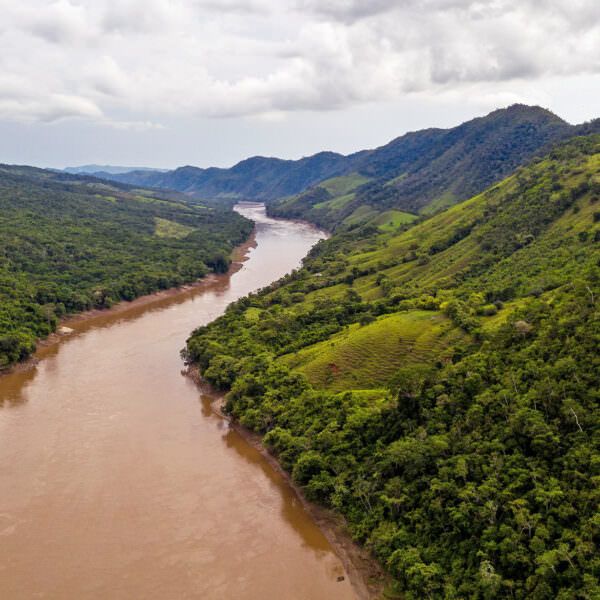
We're helping more than two million farmers embrace more sustainable growing practices that can help build resilience to climate change and boost yields.
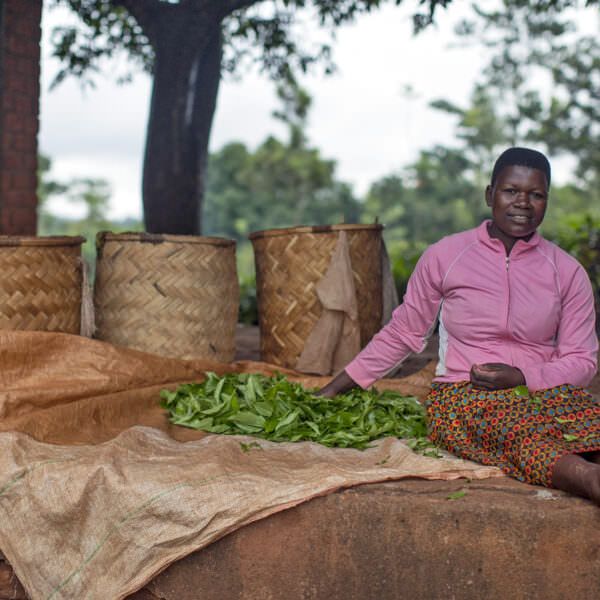
To improve rural livelihoods, we foster deep collaboration between farmers, civil society organizations, companies, and governments.
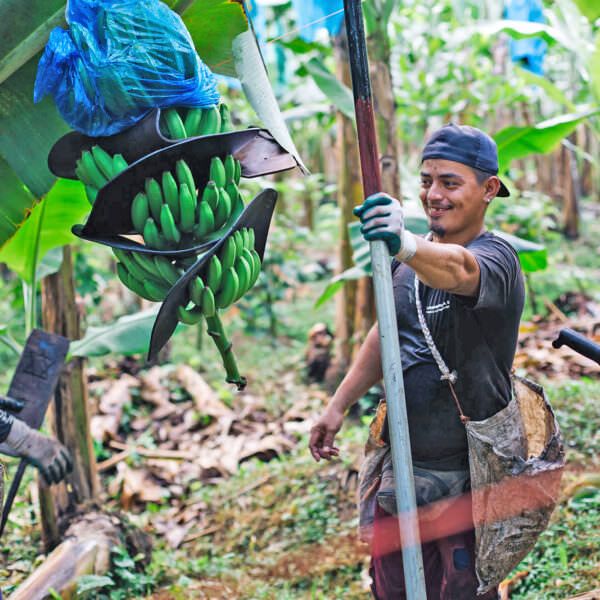
The Rainforest Alliance believes that workers around the world should be paid enough money to provide a decent life for themselves and their families.
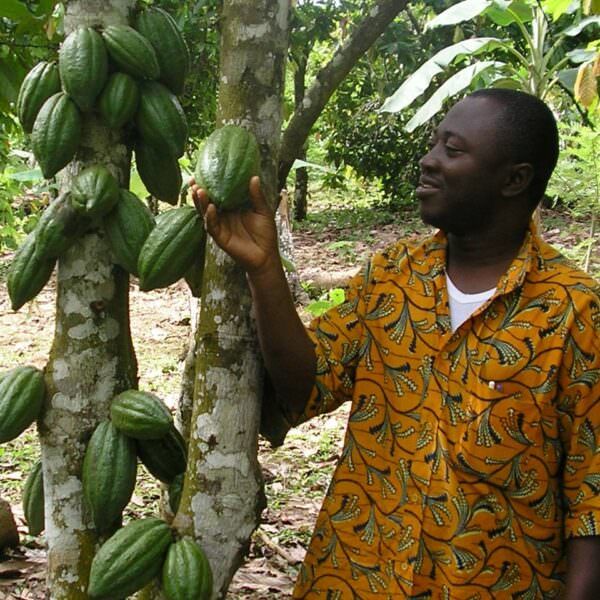
At the Rainforest Alliance, we believe in a shared responsibility approach that encourages companies to do their part in ensuring a living income for farmers. This is the basis of our initiatives, the Living Income Module and the Living Income Fund.

While there is a growing body of research that highlights the severity of the living income gap in the coffee sector, less is known about the strategies that companies can pursue to help close it. This report utilizes a combination of insights from Rainforest Alliance research and field experience, as well as third-party literature to […]

Working across Latin America’s most significant natural landscapes—from the South American Amazon rainforest to the Mayan jungle which extends through Guatemala, Mexico, and Belize—the Rainforest Alliance has a permanent presence in Latin America, with a growing technical and administrative team that includes more than 150 staff members based in the region. Learn more about how […]

Daniel Katz, board chair at Rainforest Alliance, explains about the trends and obstacles in the conservation sector and the importance of collaboration.

Sitting in the heart of the Congo Basin, the 36,000 square kilometer Salonga National Park (SNP) is the largest protected area of dense rainforest on the African continent.... Continue Reading

To effectively stop human rights violations and negative environmental impacts in global supply chains, EU policymakers should ensure the upcoming legislation leads to positive impacts for rightsholders and improves the situation and the livelihoods of smallholders. It is key that the HREDD directive addresses the root causes of adverse impacts on human rights and the […]
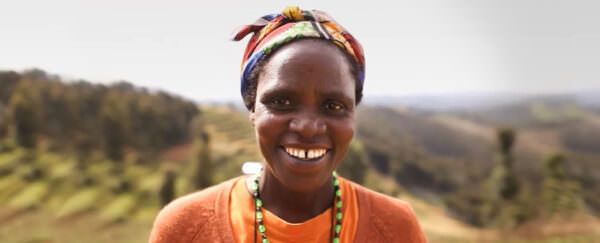
Rainforest Alliance certification supports farmers in turning their farms into profitable, resilient businesses that respect workers and the land. Through training, we promote farming techniques designed to help farms adapt to climate change and protect the land for future generations—all while improving incomes for tea-farming families.... Continue Reading